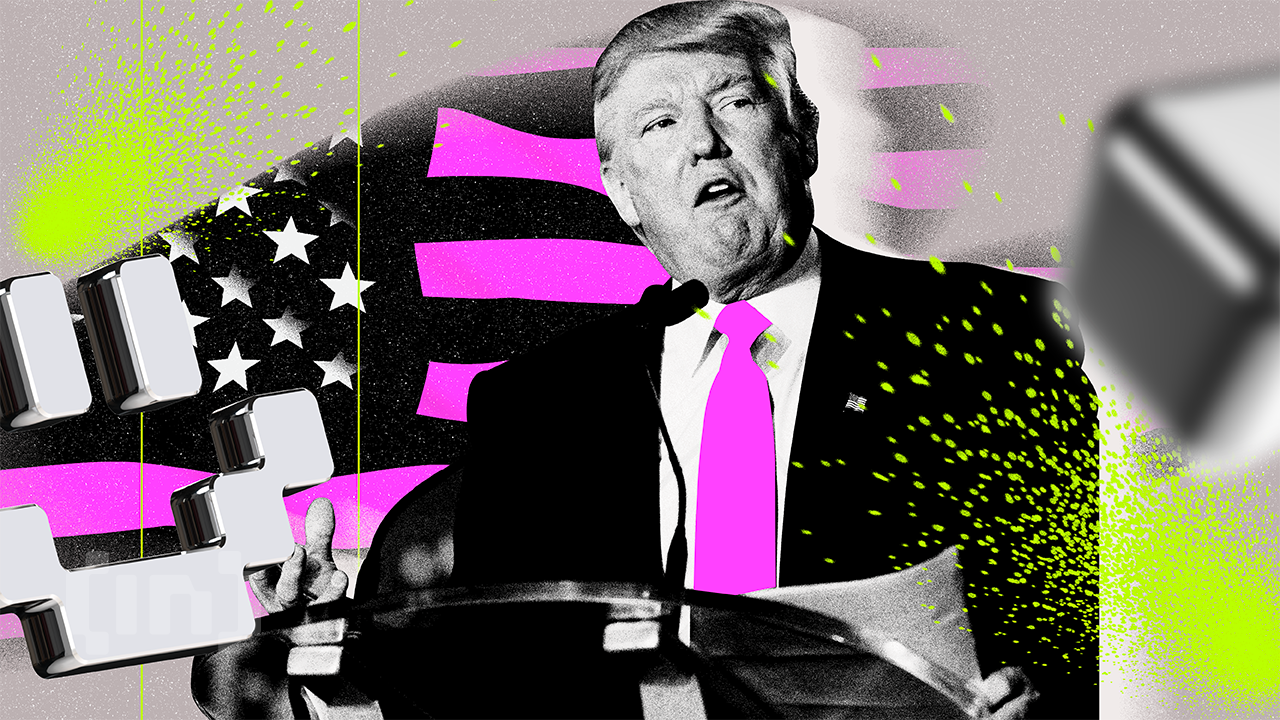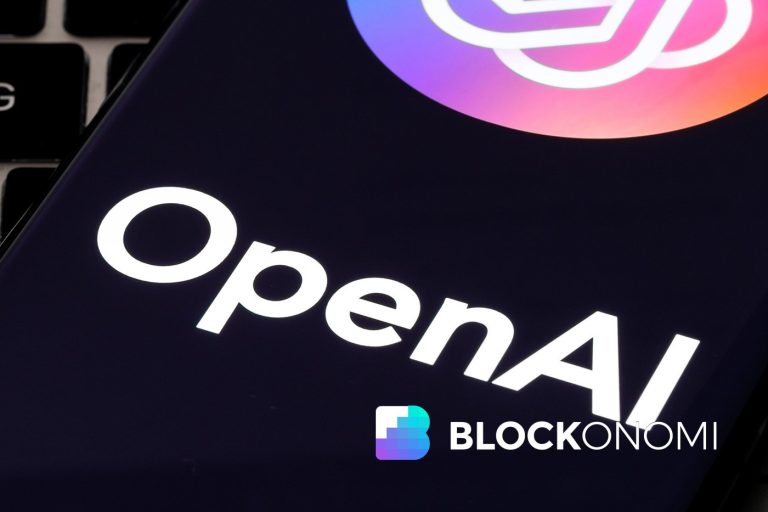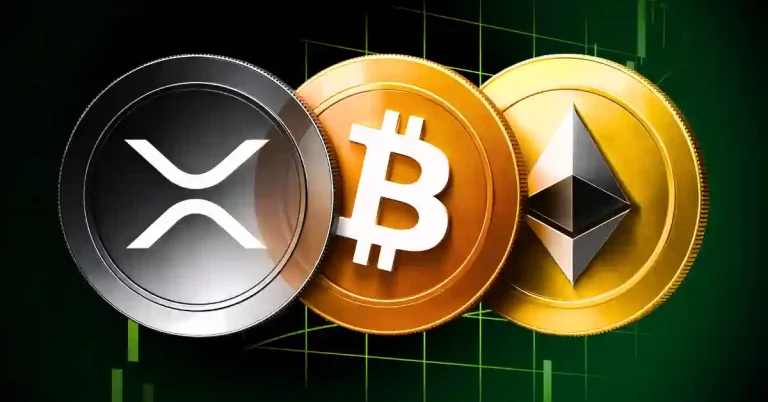
The rise of rumors and misinformation can have far-reaching consequences, as seen over the past weekend when false speculation about former President Donald Trump’s health prompted a surge in prediction market bets. These platforms, such as Kalshi and Polymarket, saw wagers exceeding $1.6 million, raising serious ethical and regulatory questions.
How Viral Rumors Spark Gambling Frenzies
During a major U.S. holiday weekend, President Trump’s limited public appearances triggered unfounded rumors about his health, eventually spiraling into full-blown death hoaxes. Despite these claims being baseless, prediction markets, where users bet on future events, experienced a wave of activity fueled by this misinformation.
Kalshi opened its market for bets concerning Trump’s hypothetical resignation or ouster, reportedly amassing over $700,000 in wagers. Meanwhile, Polymarket, another platform operating in a regulatory gray area, recorded bets primarily targeting Trump’s rumored demise. Despite Kalshi’s conditions barring markets from paying out directly on death, users showed intense interest. This signals not only the public’s fascination with high-stakes claims but also highlights potential ignorance of market fine print by some bettors.
Controversies Surrounding Prediction Markets
The ethical implications of prediction markets extend beyond placing wagers on unverified claims. Notably, Donald Trump Jr. holds advisory positions at both Kalshi and Polymarket, creating potential conflicts of interest. Furthermore, these platforms challenge the boundaries of existing Web3 and financial regulations, with many operating in legal gray zones.
Experts warn that such markets could pave the way for more unsavory gambling opportunities, exploiting viral misinformation and bypassing ethical guidelines. With blockchain-powered platforms like Polymarket running theoretically banned operations in the United States, the evolving regulatory landscape may soon face heightened scrutiny.
The Future of Prediction Markets
The incident showcases both the power and risk of digital platforms in today’s hyper-connected era. Viral rumors possess the ability to quickly manipulate markets, even when entirely fictional. As these platforms grow, questions surrounding transparency and ethical boundaries become increasingly critical.
For lifestyle enthusiasts looking to stay informed about current internet trends, this serves as a reminder of the caution needed when engaging with viral buzz or financial speculation. On a related note, to stay grounded and reduce stress caused by oversharing on social media, the Neutrogena Stress-Free Hydrating Moisturizer can provide a soothing self-care routine, helping maintain a sense of balance in a chaotic digital era.
Final Thoughts
As society navigates this blend of technology, finance, and viral culture, the ethical complexities of prediction markets need more focused discussions. Whether it’s a fleeting meme or a deeper reflection of our times, these trends will surely continue to provoke debates in both the digital and regulatory arenas.



